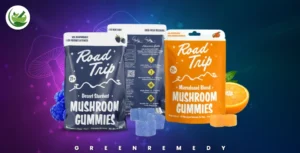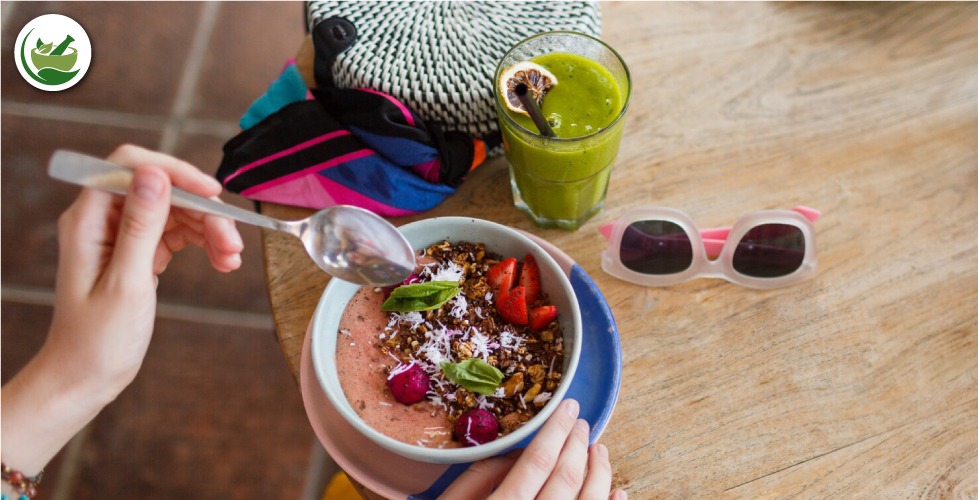
Flax, chia, and hemp seeds stand out among superfoods due to their superior nutritional profiles and culinary diversity. These seeds, which are high in critical nutrients like as omega-3 fatty acids, fiber, and protein, can help to improve overall health, aid in weight control, and lower the risk of chronic illnesses. This blog will look at the various ways these nutritious powerhouses may be smoothly included into your everyday diet. Whether you’re a seasoned health enthusiast or just starting out on your wellness path, knowing how to use flax, chia, and hemp seeds will help you achieve a balanced and healthy diet.
Nutritional Benefits
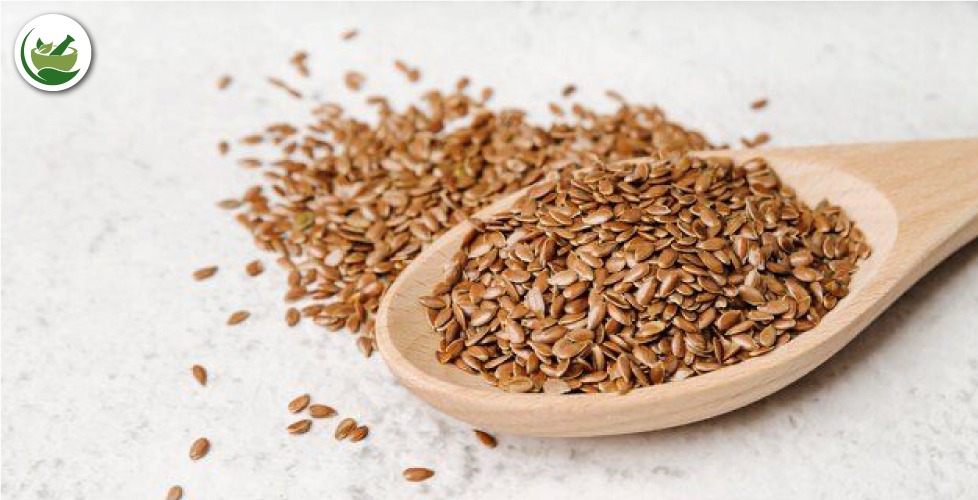
Flax Seeds:
- Abundant in alpha-linolenic acid (ALA), an omega-3 fatty acid crucial for heart health and inflammation reduction.
- Packed with lignans, natural antioxidants that potentially decrease the risk of specific cancers.
- Excellent fiber content supports digestion and induces satiety.
Chia Seeds:
- Rich in omega-3 fatty acids, surpassing flax seeds in ALA content.
- Abundant in fiber, aiding in digestion and blood sugar regulation.
- Contains significant amounts of calcium, magnesium, and phosphorus, promoting bone health.
- Chia seeds are also beneficial for hair.
Hemp Seeds:
- Full protein source, providing all nine essential amino acids needed by the body.
- Abundant in omega-3 and omega-6 fatty acids, supporting heart health and diminishing inflammation.
- Packed with gamma-linolenic acid (GLA), an omega-6 fatty acid renowned for its anti-inflammatory benefits.
How to Incorporate Them into Your Diet
Incorporating flax, chia, and hemp seeds into your diet is easier than you might think. Here are some simple, effective ways to enjoy these nutritional powerhouses in your daily meals:
Flax Seeds
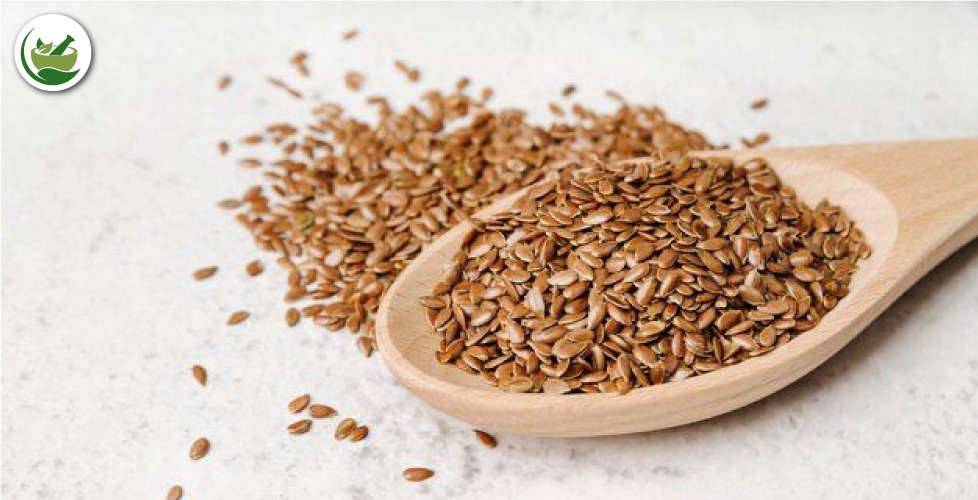
- Ground Flaxseed in Smoothies and Yogurt:
Add ground flaxseed to your morning smoothie or yogurt for a nutrient boost. Ground flaxseed blends seamlessly into these textures, enhancing your breakfast with omega-3s, fiber, and protein without altering the taste significantly.
- Flaxseed Meal as an Egg Substitute:
For those following a vegan diet or looking to reduce cholesterol intake, flaxseed meal mixed with water can serve as an excellent egg substitute in baking. Use one tablespoon of flaxseed meal mixed with three tablespoons of water to replace one egg in recipes for muffins, pancakes, and cookies.
Chia Seeds
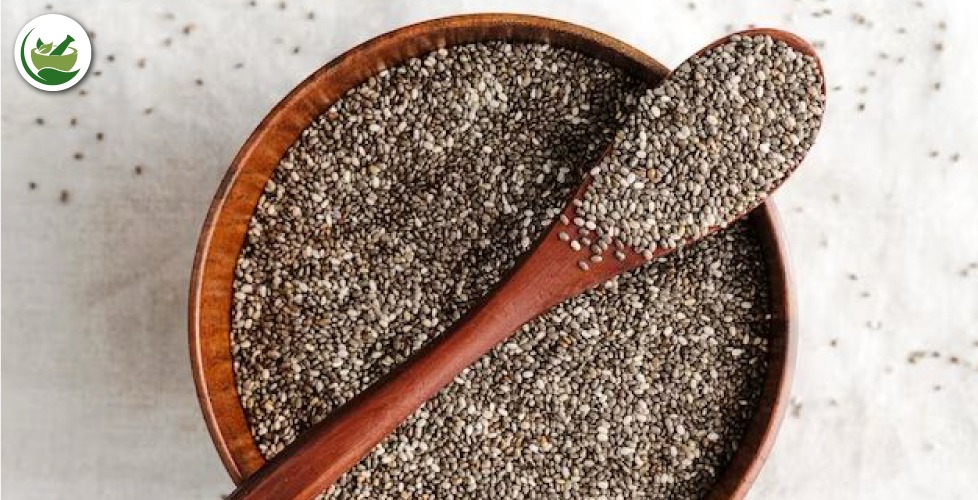
- Chia Seed Pudding:
Mix chia seeds with your preferred type of milk (dairy or plant-based) and a bit of sweetener to create a delightful pudding. Allow it to sit overnight, resulting in a creamy, fulfilling breakfast or dessert abundant in fiber and omega-3s.
- Incorporating Chia Seeds:
Add chia seeds to smoothies, oatmeal, or baked goods for an added crunch. Due to their water-absorbing properties, they expand and can contribute to a longer-lasting feeling of fullness.
Hemp Seeds
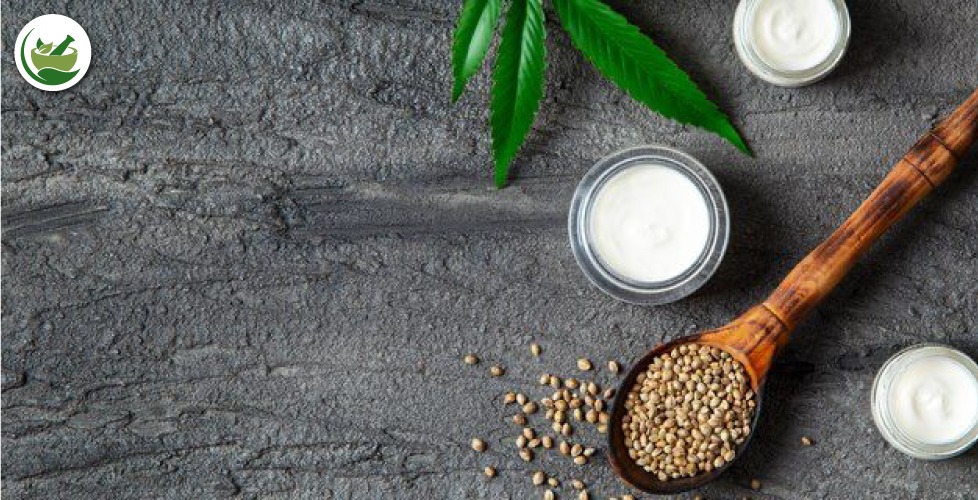
- Sprinkled on Salads, Bowls, and Toast:
Hemp seeds have a mild, nutty flavour that makes them a perfect topping for salads, power bowls, or even your morning avocado toast. Their protein content makes them a great addition for a nutritious boost.
- Hemp Seed Oil in Dressings and Sauces:
While not a direct source of fiber, hemp seed oil is rich in omega-3 and omega-6 fatty acids. Use it in homemade salad dressings or sauces to incorporate the nutritional benefits of hemp into your diet in a flavorful way.
Storage and Purchase Tips
- Purchase wisely: opt for organic seeds for quality and to avoid pesticides. Check the origin for insights into cultivation practices.
- Packaging Matters: Choose seeds in airtight, opaque containers to maintain freshness. Resealable options are preferable.
- Check Dates: Always look for the freshest seeds by checking the “best before” or “use by” date.
Storage Tips
- Airtight Containers: Transfer seeds to airtight containers to shield them from oxygen and moisture.
- Cool, dark storage: Keep seeds in a cool, dark cupboard to prevent heat and light from spoiling them.
- Consider Refrigeration: Refrigerate flax and hemp seeds, especially after opening, for longer freshness. Chia seeds can also benefit from refrigeration.
- Freezing Option: Freeze seeds for extended storage without compromising their nutritional value.
Important Considerations
Allergic Reactions: Rare but possible with flax, chia, or hemp seeds. Stop consumption if allergic symptoms occur, and seek medical advice.
Antinutrient Content: Flax and chia seeds contain antinutrients like phytic acid, but soaking, sprouting, or fermenting can minimize their effects.
Gastrointestinal Effects: High fiber content may cause discomfort initially. Start with small amounts and increase gradually while staying hydrated.
Blood Thinning Effects: Omega-3 in these seeds can thin blood. Consult a healthcare provider before increasing your intake if you are on blood-thinning medications or have bleeding disorders.
Moderation is key. Enjoy seeds as part of a balanced diet, but in moderation to ensure a diverse nutrient intake.
Conclusion
In conclusion, incorporating flax, chia, and hemp seeds into your diet offers a myriad of nutritional benefits and culinary possibilities. These seeds are not only rich in essential nutrients like omega-3 fatty acids, fiber, and protein but also versatile enough to be seamlessly integrated into various meals and snacks. Whether you prefer sprinkling them on salads, blending them into smoothies, or baking them into delicious treats, the options are endless. However, it’s essential to be mindful of potential allergic reactions, antinutrient content, and gastrointestinal effects, especially when starting to incorporate these seeds into your diet. chia seeds is also beneficial for skin With moderation and proper storage, flax, chia, and hemp seeds can be valuable additions to a balanced and healthy eating plan, contributing to overall well-being and vitality.





